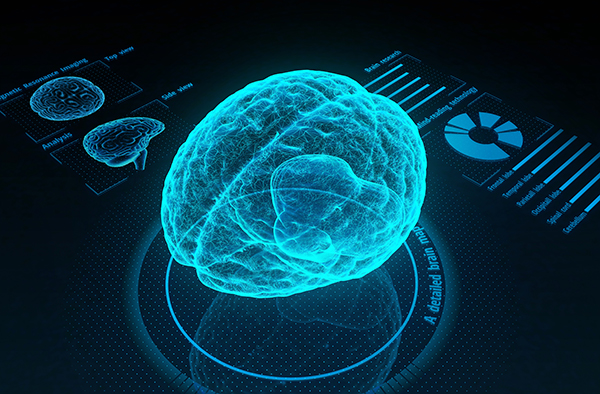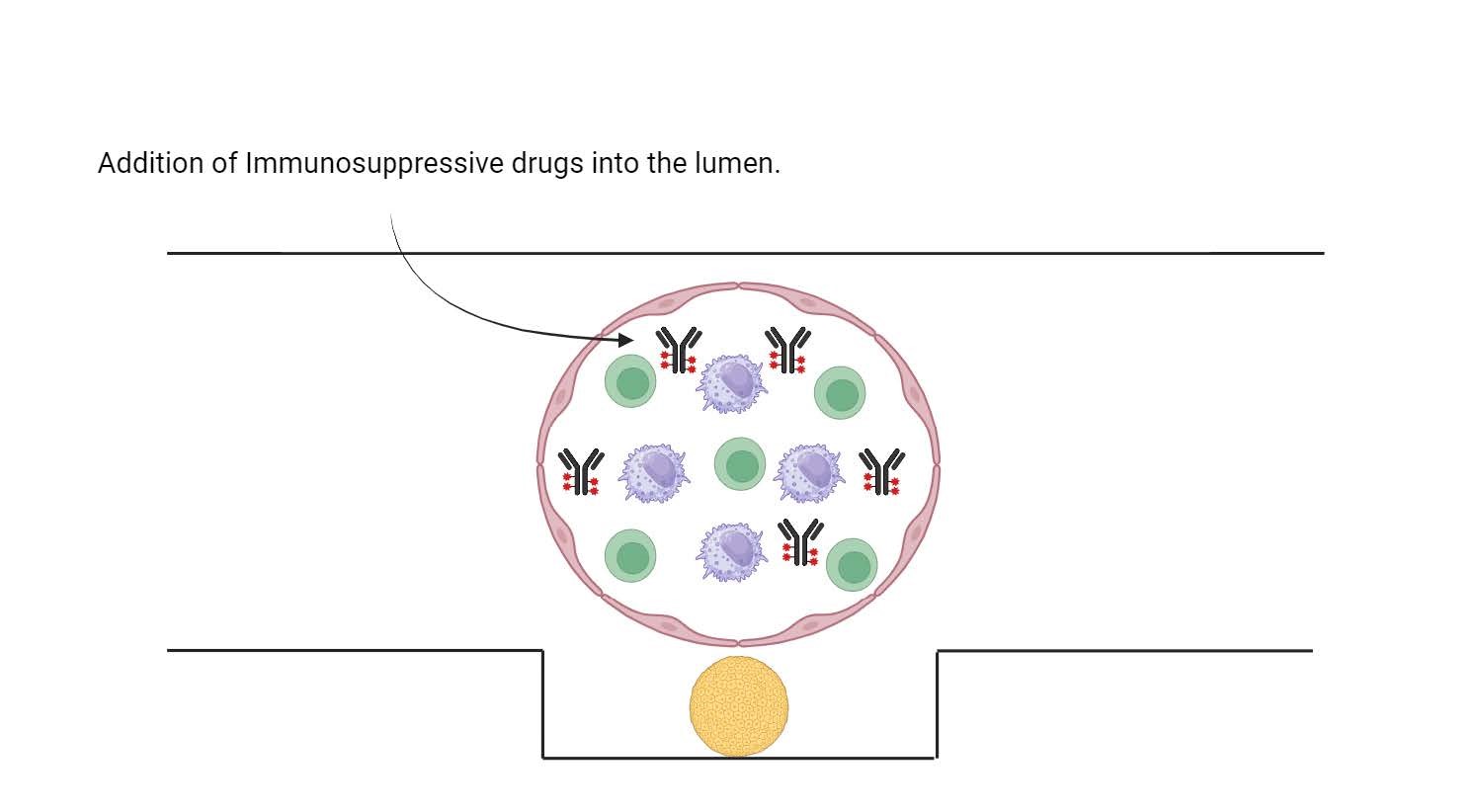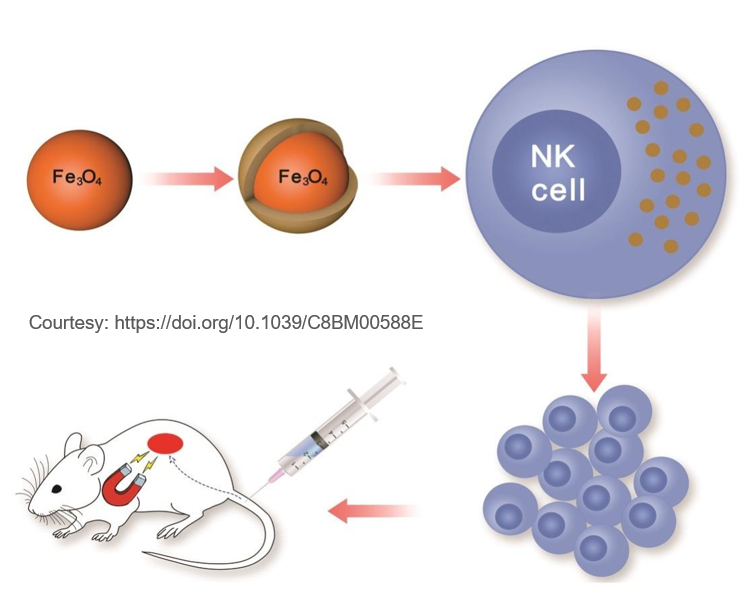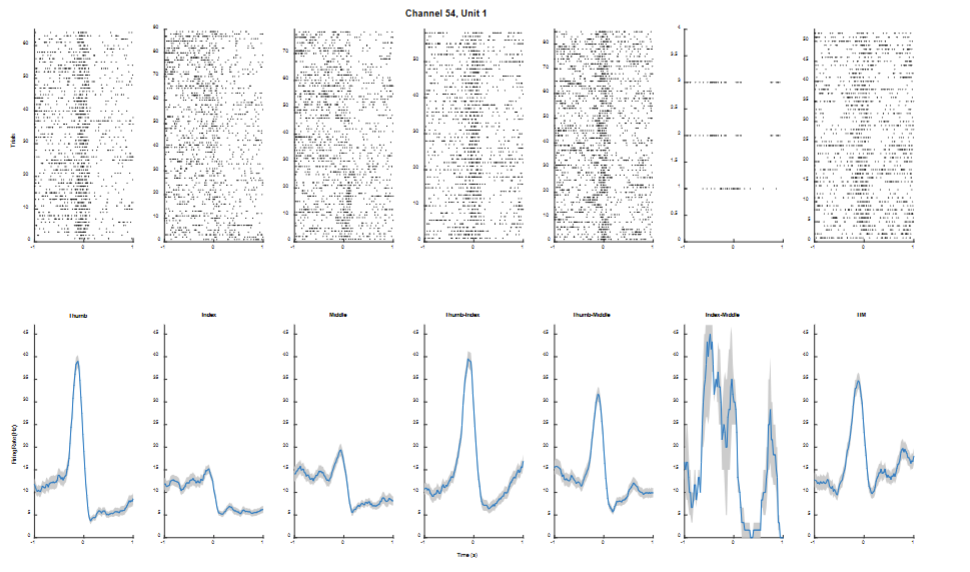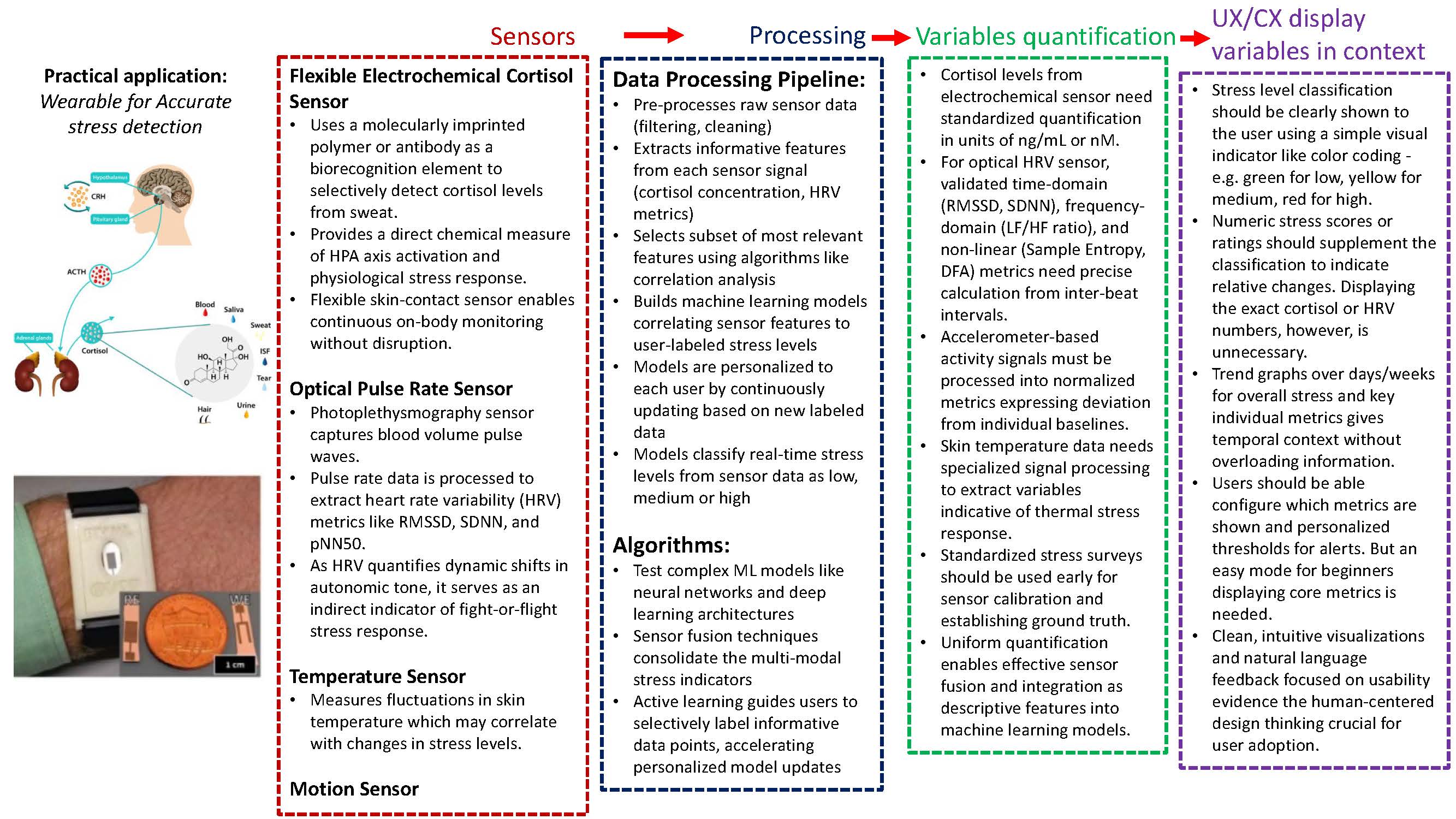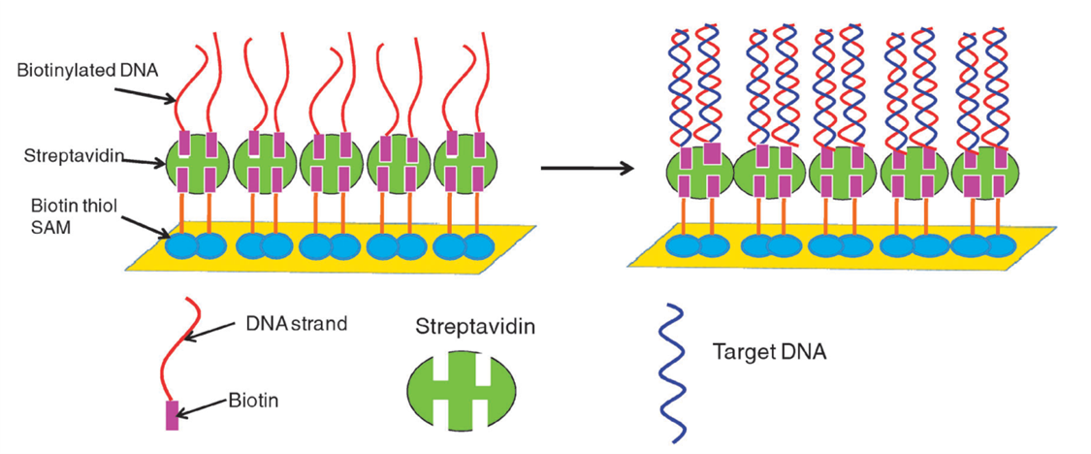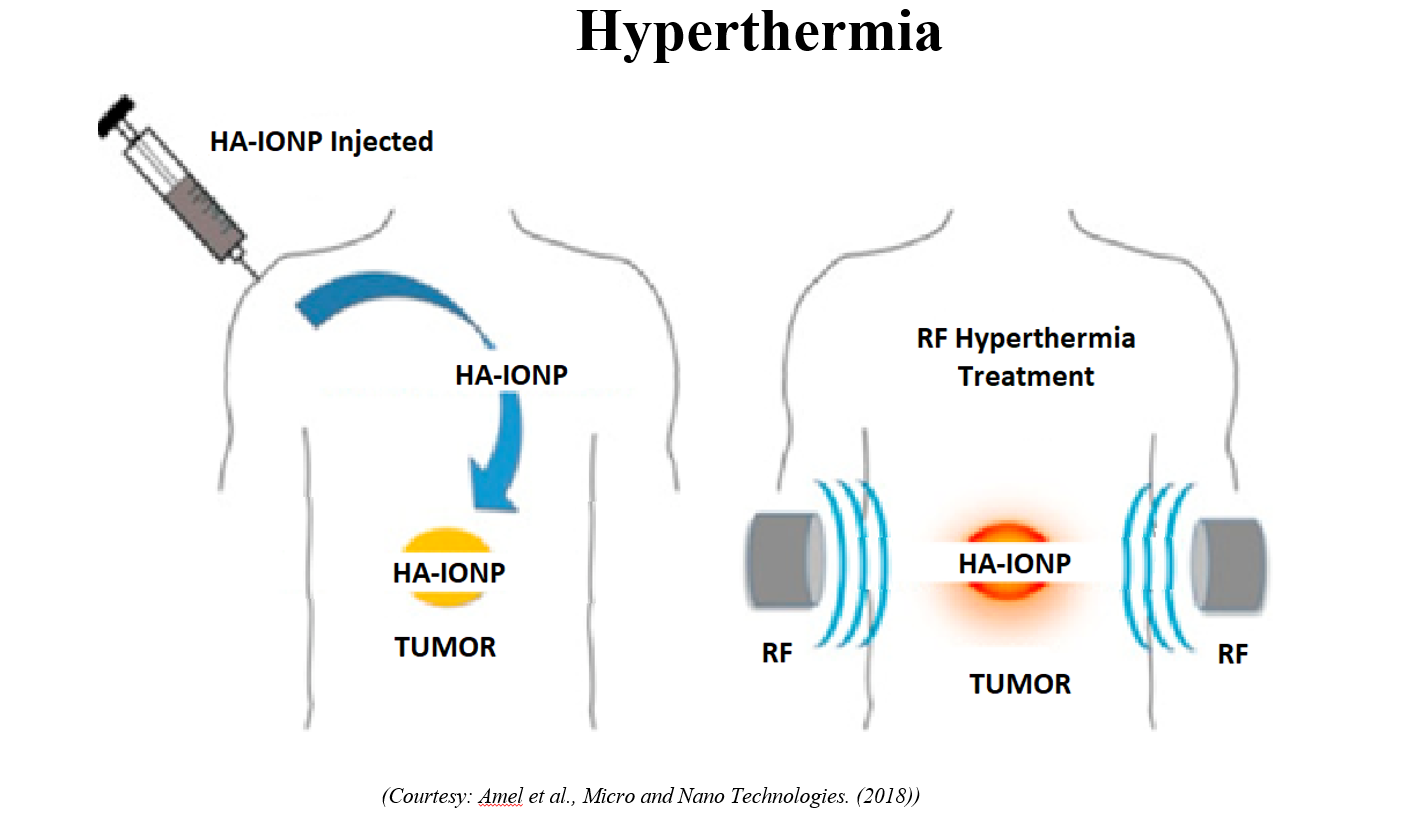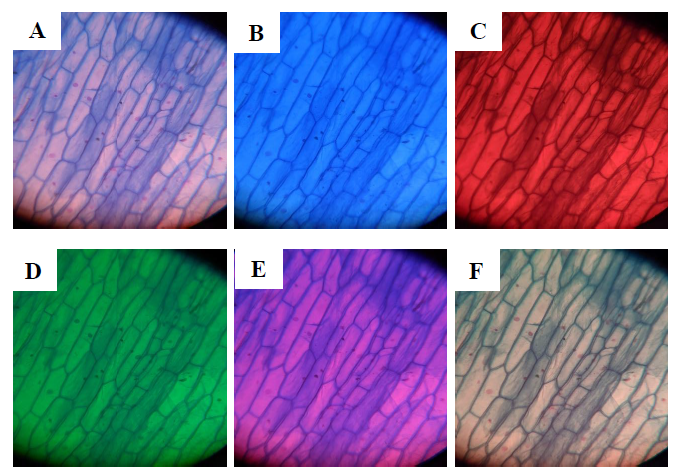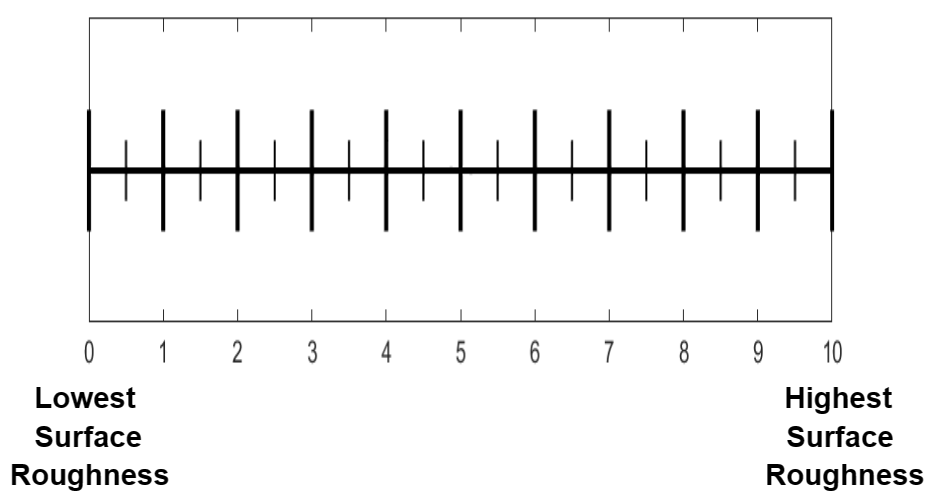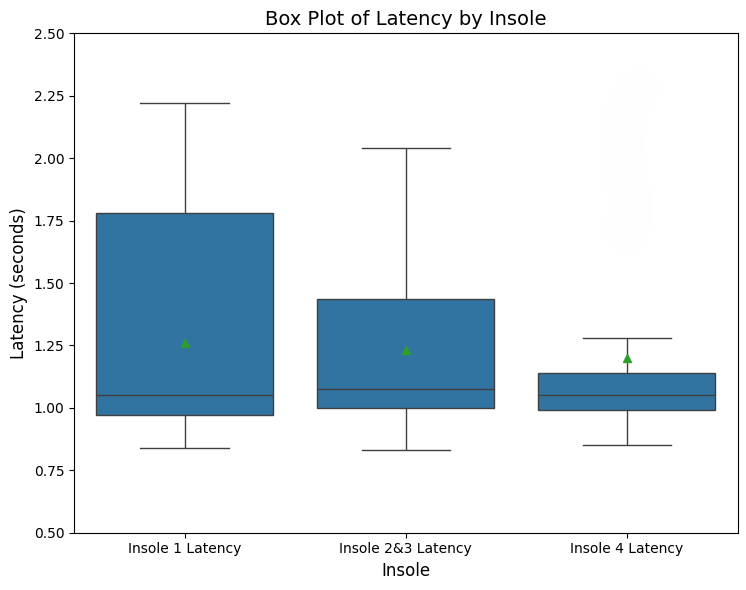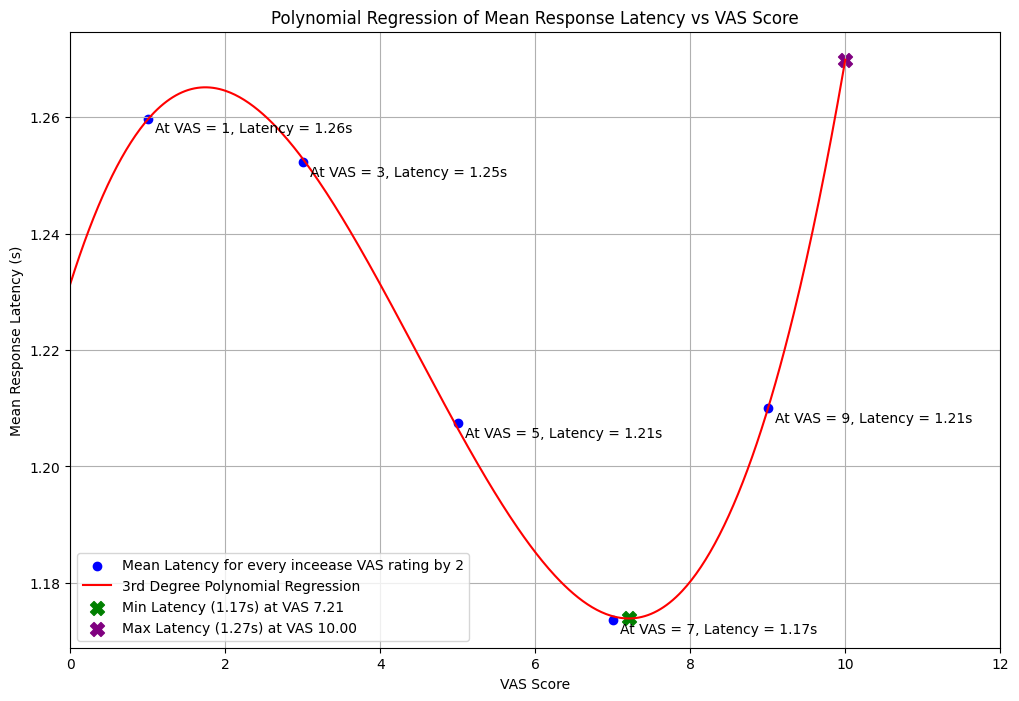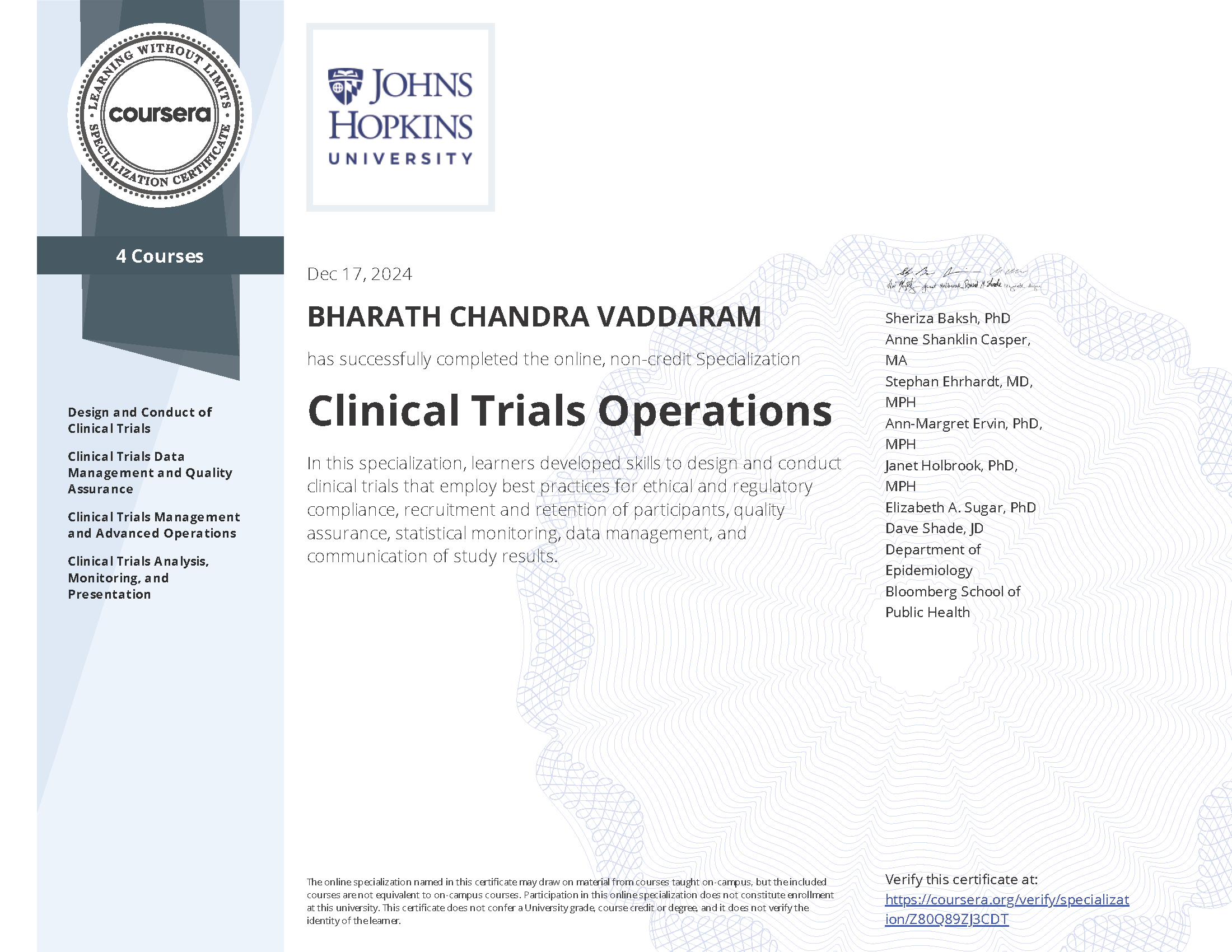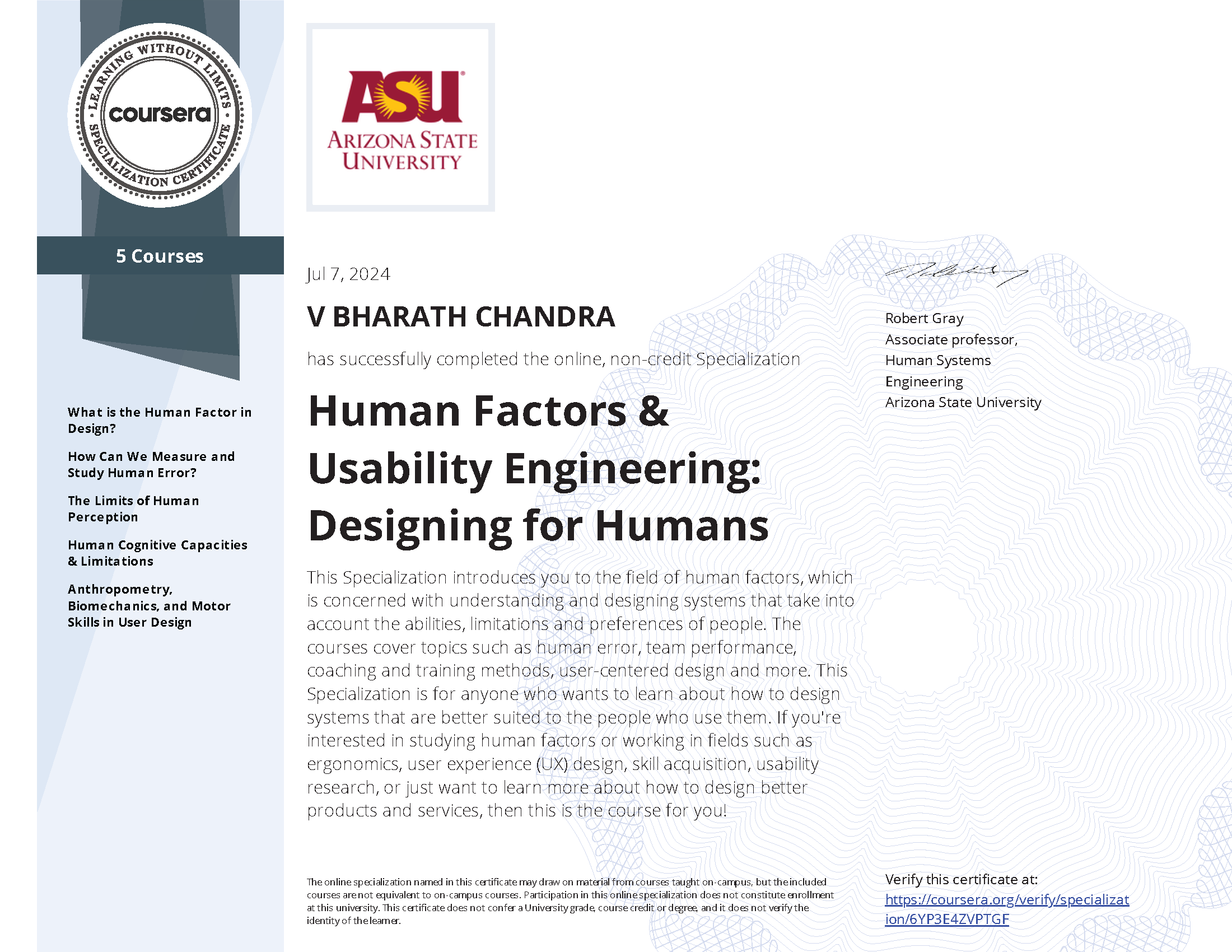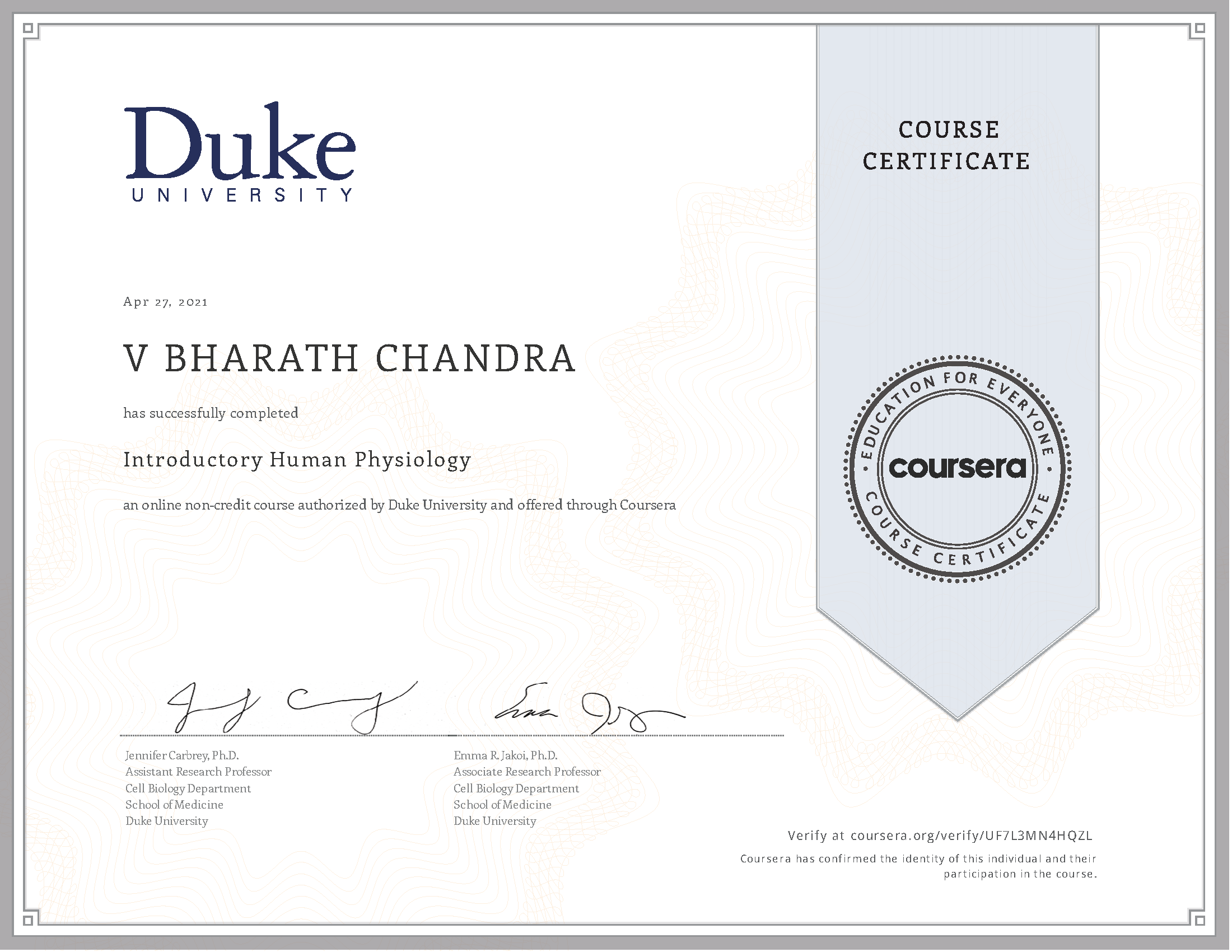About me
Hello there! I'm Bharath Chandra Vaddaram, a passionate Biomedical and Human Factors Engineer, driven by the desire to understand and enhance human performance. I thrive on tackling complex challenges and am always eager to learn new things.
About Me ✨
Beyond my professional pursuits, I find joy in:
- 🏃 Chasing the runner's high and exploring new trails
- ⛰️ Discovering hidden gems while hiking through nature
- 🏞️ Immersing myself in the beauty of the great outdoors
Skills & Abilities 🚀
I bring a diverse skillset to the table, including:
- 🔍 Expertise in User Research and Usability Testing
- 🛠️ Proficient in Mixed-Methods Research and Data Analysis
- 🧠 Strong Problem-Solving Abilities and a knack for finding creative solutions
- 💪 Adaptable and quick to learn, readily embracing new challenges
Key Achievements 🏆
I'm proud of contributions like:
- 📈 Achieving an 8% gain in cognitive acuity through user research insights
- 🔬 Contributing to a 26% increase in cancer cell death through research
- 💡 Impacting product design through compelling, data-driven user research findings
I'm excited about the impactful research. I believe in the power of understanding user needs to drive innovation and am always looking for new opportunities to make a difference.
Latest!




